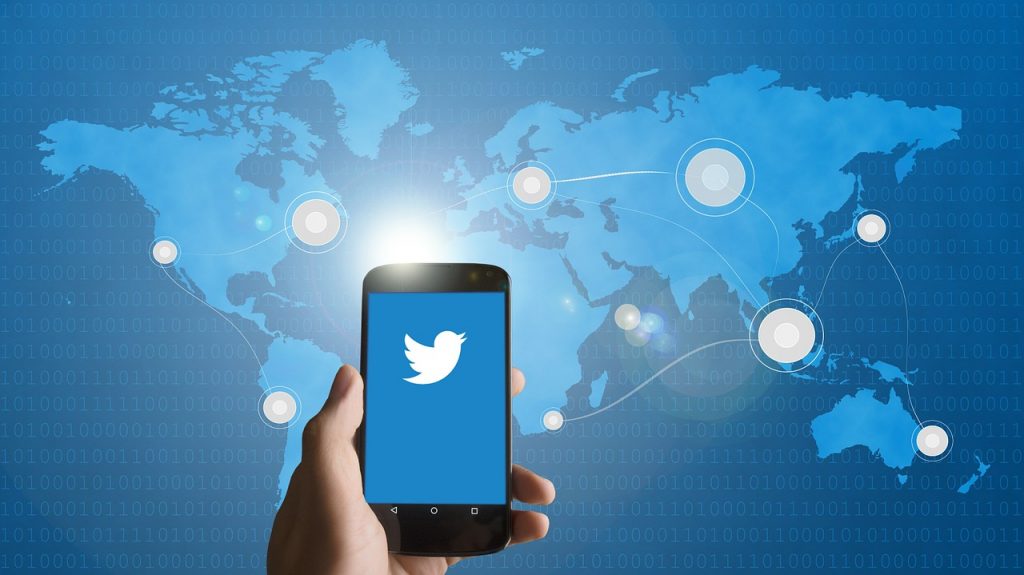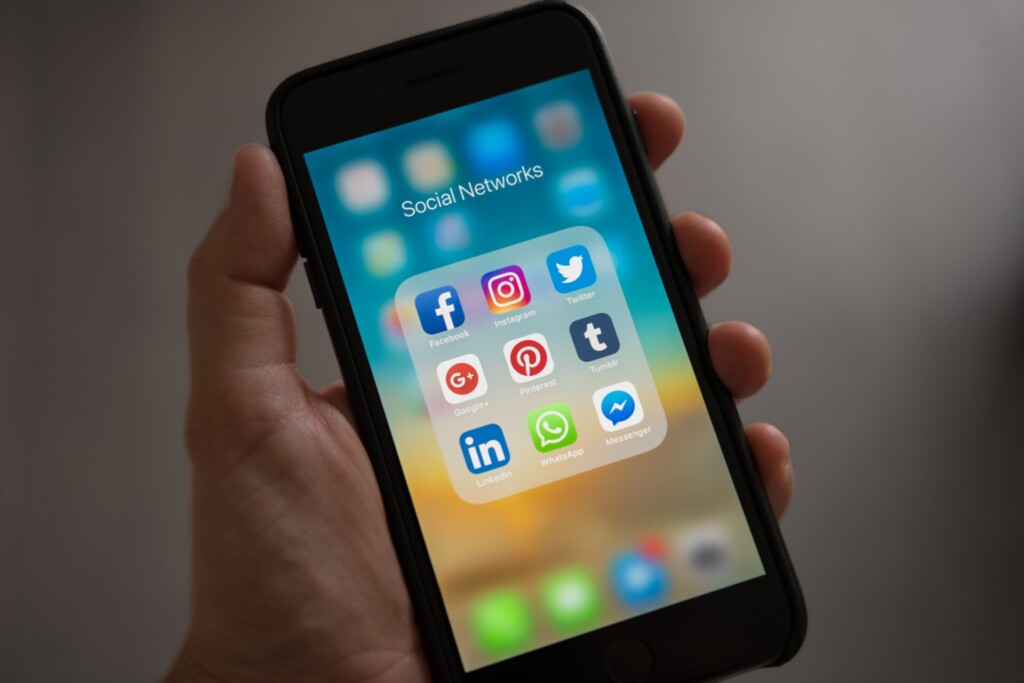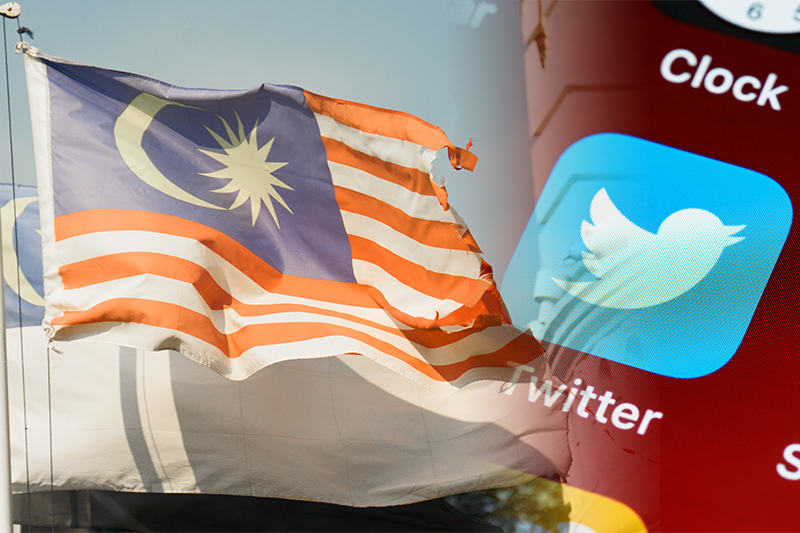In its latest transparency report, Twitter received a surge in demands from government authorities to remove content by journalists and news outlets in the second half of 2020 compared to the first half. While the total number of removal requests actually decreased by 9% between Jul-Dec 2020, the number of accounts specified in those requests ballooned by 55%.
The focus here is actually on the increase of removal requests from governments on posts from verified journalists and news outlets. According to the report, 199 of such accounts were subject to 361 legal demands, a 26% surge compared to Jan-Jun 2020. In decreasing order, 94% of the total legal demands came from five countries: Japan, India, Russia, Turkey, and South Korea.
The social media platform has not revealed which countries made the demands pertaining to journalists and news outlet accounts, nor how often it complied with the requests.

Although India is only second in the total number of legal demands, it’s still an increase of 152%. Meanwhile, the South Asian country came in on top for information requests, accounting for 25% of the global volume. This isn’t surprising, seeing how India has been cracking down on social media sites with its strict new IT laws that aim to increase the compliance of social media sites with government authorities. Twitter specifically has been a stubborn mule against these new rules and has done its best to undermine them, including hiring external compliance officers and occasionally removing the verified blue badge from the accounts of prominent Indian politicians.
Back home, Malaysia has increased its removal requests by 373%, up from 41 requests in early 2020 to 153 requests by the second half of the year. Out of the 153, Twitter reported that it complied with 63.4% of the requests. Interestingly, Malaysia has only had a total of 275 requests since 2015, meaning that our country made more legal demands in 2020 than it has ever made in all the previous years combined.

Reuters noted that the new details in Twitter’s biannual transparency report come after social media sites were being under intense scrutiny by governments around the globe about what content is allowed on these platforms. On Monday, to stem the ongoing protests, Cuba started limiting access to Facebook and messaging apps like Telegram. Twitter’s service was recently blocked in Nigeria while TV and radio stations were ordered to not use the platform to gather information.
Malaysia’s increasing legal demands is quite worrying as tensions rise on social media regarding allegations of the government’s failure to contain the COVID-19 pandemic. Just today, Malaysiakini reported that Tengku Ampuan Rahimah Hospital (HTAR) in Klang has warned its staff against sharing photos and videos of the situation in the hospital on social media. In March, the Ministry of Health (MoH) imposed a gag order on all government staff from posting content related to the government’s handling of the pandemic without permission.
(Sources: Twitter [1][2][3], Reuters, Malaysiakini, Malay Mail, TOI)
Follow us on Instagram, Facebook, Twitter or Telegram for more updates and breaking news.


